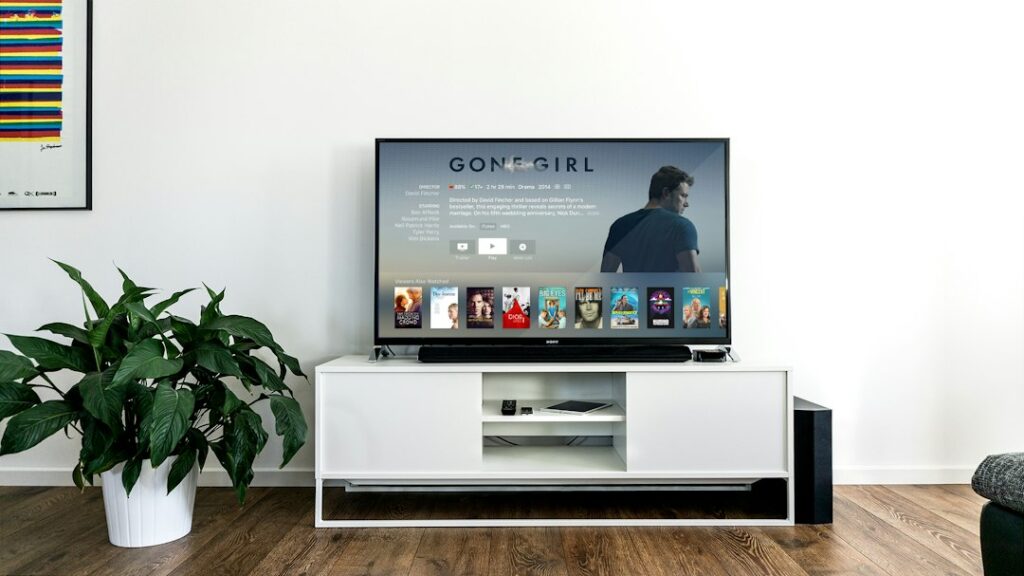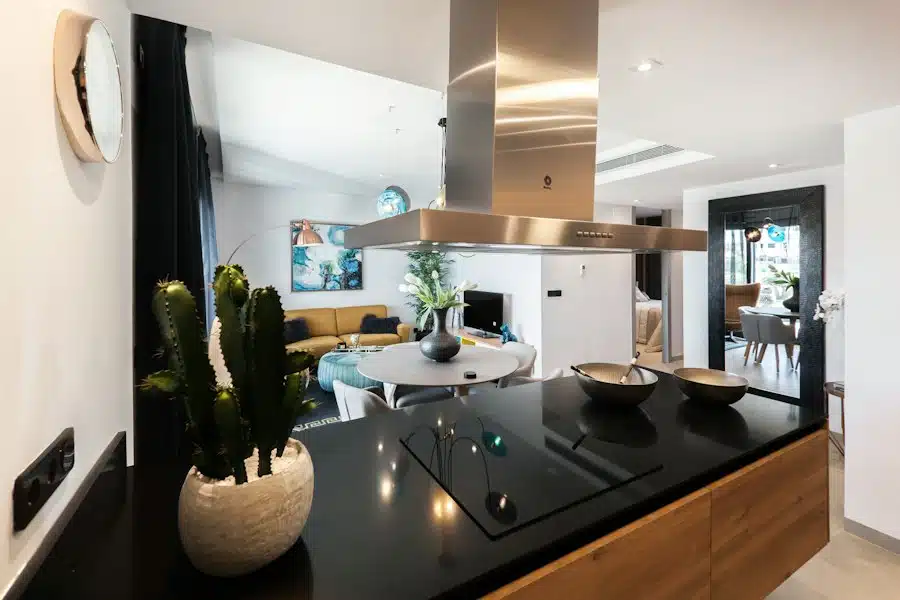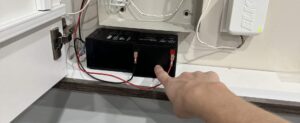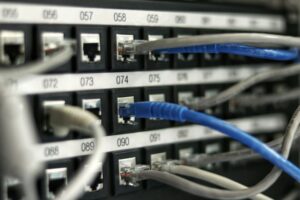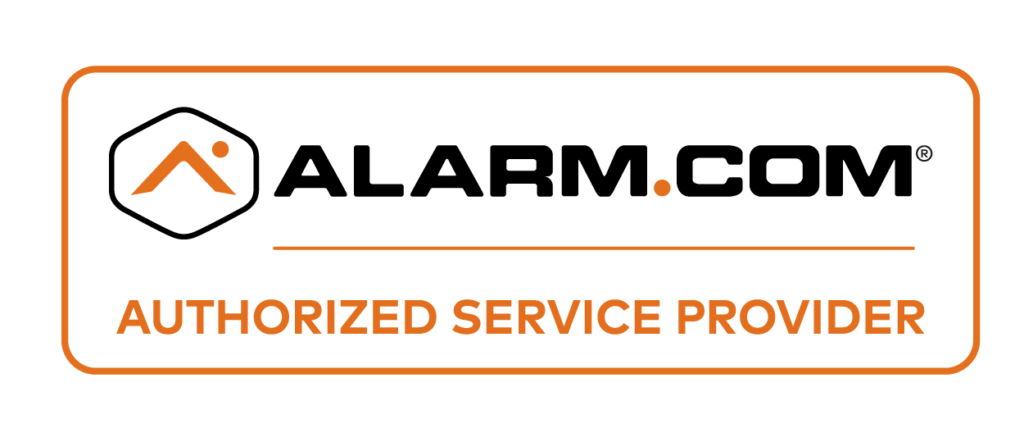Home automation refers to the use of technology to control and automate various household tasks and functions. This can include controlling lighting, heating and cooling systems, security systems, and even appliances. The main goal of home automation is to make our lives easier and more convenient, but it also has the potential to greatly improve energy efficiency in our homes.
Energy efficiency is becoming increasingly important as we strive to reduce our carbon footprint and combat climate change. By using less energy, we can reduce greenhouse gas emissions and lessen our impact on the environment. Additionally, energy efficiency can also help us save money on our energy bills. Home automation plays a crucial role in achieving energy efficiency by allowing us to monitor and control our energy consumption more effectively.
Key Takeaways
- Home automation is the use of technology to control and automate household appliances and systems.
- Home automation is a key component of energy management, allowing homeowners to monitor and control their energy usage.
- Smart home devices, such as thermostats and lighting systems, can help improve energy efficiency by automatically adjusting settings based on usage patterns.
- Home automation can help reduce energy consumption by optimizing heating and cooling systems, managing lighting and appliance usage, and monitoring energy usage in real-time.
- Energy-saving features of home automation systems include programmable thermostats, smart lighting systems, and energy monitoring tools.
Home Automation: A Key Component of Energy Management
One of the main benefits of home automation is its ability to help manage energy consumption. With the use of smart devices and sensors, homeowners can monitor their energy usage in real-time and make adjustments as needed. For example, if a homeowner notices that their energy consumption is high during certain times of the day, they can use home automation to identify the source of the energy drain and take steps to reduce it.
There are also a variety of energy management systems available that integrate with home automation technology. These systems can provide detailed insights into energy usage patterns and offer recommendations for optimizing energy consumption. For instance, some systems can automatically adjust thermostat settings based on occupancy patterns or weather conditions, ensuring that heating and cooling systems are only used when necessary.
Smart Home Devices and Energy Efficiency
Smart home devices are a key component of home automation and play a significant role in improving energy efficiency. These devices are connected to the internet and can be controlled remotely through a smartphone or other smart devices. They can also communicate with each other, allowing for seamless integration and automation.
Smart thermostats are one example of a smart home device that can greatly improve energy efficiency. These devices can learn your heating and cooling preferences and automatically adjust the temperature settings to optimize energy usage. They can also be controlled remotely, allowing you to adjust the temperature when you’re away from home.
Smart lighting systems are another example of a smart home device that can contribute to energy efficiency. These systems allow you to control your lights remotely and set schedules for when they should be turned on or off. This can help ensure that lights are not left on unnecessarily, reducing energy waste.
How Home Automation Can Help Reduce Energy Consumption
There are several specific ways in which home automation can help reduce energy consumption. One of the main ways is through the use of occupancy sensors. These sensors can detect when a room is unoccupied and automatically turn off lights or adjust thermostat settings to save energy.
Another way home automation can reduce energy consumption is through the use of smart power strips. These power strips can detect when devices are not in use and automatically cut off power to them, eliminating standby power consumption.
Home automation can also help optimize energy usage by integrating with renewable energy sources. For example, if you have solar panels installed on your roof, home automation can monitor the amount of energy being generated and automatically adjust your energy usage accordingly. This ensures that you are using as much of the renewable energy as possible and minimizing reliance on the grid.
Energy-Saving Features of Home Automation Systems
Home automation systems offer a wide range of energy-saving features that can help homeowners reduce their energy consumption. One of the most common features is scheduling, which allows you to set specific times for devices to turn on or off. For example, you can schedule your lights to turn off at a certain time every night or your thermostat to adjust the temperature when you’re away from home.
Remote control is another useful feature that allows you to control your devices from anywhere using a smartphone or other smart devices. This means that if you forget to turn off a light or adjust the thermostat before leaving home, you can do so remotely, preventing unnecessary energy waste.
Some home automation systems also offer energy monitoring capabilities, allowing you to track your energy usage in real-time. This can help you identify areas where you can make improvements and reduce energy consumption.
The Impact of Home Automation on Energy Bills
One of the most tangible benefits of home automation for energy efficiency is the potential for significant savings on energy bills. By optimizing energy usage and reducing waste, homeowners can see a noticeable decrease in their monthly energy costs.
For example, by using a smart thermostat to adjust temperature settings based on occupancy patterns and weather conditions, homeowners can save up to 10% on heating and cooling costs. Similarly, by using smart power strips to eliminate standby power consumption, homeowners can save up to 10% on their electricity bills.
Real-life examples of energy bill savings are abundant. Many homeowners have reported saving hundreds of dollars per year by implementing home automation systems and making simple adjustments to their energy usage habits.
Benefits of Home Automation for Energy Efficiency
In addition to reducing energy consumption and saving money on energy bills, home automation offers a range of other benefits for energy efficiency.
Increased comfort is one such benefit. With home automation, you can ensure that your home is always at the optimal temperature when you arrive, eliminating the need to wait for the heating or cooling system to catch up. You can also adjust lighting levels to create the perfect ambiance in each room.
Convenience is another major benefit of home automation. With the ability to control your devices remotely and set schedules for when they should turn on or off, you can simplify your daily routines and eliminate the need for manual adjustments.
Home automation also offers improved security and peace of mind. With features such as remote monitoring and control of security systems, you can keep an eye on your home even when you’re away. This can help prevent energy waste and ensure that your home is safe and secure.
Energy Efficiency and Home Automation: A Win-Win Solution
Energy efficiency and home automation go hand in hand, creating a win-win solution for homeowners. By implementing home automation systems and making simple adjustments to energy usage habits, homeowners can reduce their environmental impact, save money on energy bills, and enjoy increased comfort and convenience.
Home automation provides the tools and technology needed to monitor and control energy consumption more effectively. By integrating smart devices and sensors into our homes, we can gain valuable insights into our energy usage patterns and make adjustments as needed. This allows us to optimize energy usage and reduce waste, resulting in lower energy bills and a smaller carbon footprint.
Home Automation and Renewable Energy Integration
Renewable energy sources, such as solar power, are becoming increasingly popular as we strive to transition to a more sustainable energy future. Home automation can play a crucial role in integrating renewable energy sources into our homes.
By monitoring the amount of renewable energy being generated by solar panels or wind turbines, home automation systems can automatically adjust energy usage to maximize the use of renewable energy. For example, if your solar panels are generating excess energy during the day, home automation can automatically turn on appliances or charge electric vehicles to make use of the surplus energy.
Integrating renewable energy sources with home automation not only helps reduce reliance on the grid but also allows homeowners to take advantage of government incentives and subsidies for renewable energy installations.
The Future of Home Automation and Energy Efficiency
The future of home automation and energy efficiency looks promising, with new technologies and trends emerging that will further enhance our ability to reduce energy consumption.
One emerging trend is the use of artificial intelligence (AI) in home automation systems. AI can analyze data from smart devices and sensors to learn our energy usage patterns and make automatic adjustments to optimize energy consumption. For example, AI can learn when we typically leave and return home and adjust thermostat settings accordingly.
Another emerging technology is the Internet of Things (IoT), which refers to the network of interconnected devices and sensors that communicate with each other. IoT allows for seamless integration and automation of various household tasks, including energy management. For example, IoT-enabled devices can communicate with each other to ensure that lights are turned off when a room is unoccupied or that appliances are not left on unnecessarily.
Home automation is a powerful tool for improving energy efficiency in our homes. By using technology to monitor and control our energy consumption, we can reduce waste, save money on energy bills, and lessen our impact on the environment. From smart thermostats to occupancy sensors, there are a variety of home automation devices and systems available that can help us achieve these goals.
As we look to the future, the possibilities for home automation and energy efficiency are endless. With emerging technologies such as AI and IoT, we can expect even greater advancements in our ability to optimize energy usage and integrate renewable energy sources into our homes. It is clear that home automation is not just a luxury but a necessity for achieving a more sustainable and energy-efficient future.
If you haven’t already considered implementing home automation in your home, now is the time to do so. By taking advantage of the benefits that home automation offers for energy efficiency, you can make a positive impact on the environment, save money on your energy bills, and enjoy increased comfort and convenience in your daily life.
FAQs
What is home automation?
Home automation refers to the use of technology to control and automate various household appliances and systems, such as lighting, heating, ventilation, air conditioning, security, and entertainment.
How does home automation help in energy efficiency?
Home automation helps in energy efficiency by allowing homeowners to monitor and control their energy consumption. For example, smart thermostats can learn the homeowners’ preferences and adjust the temperature accordingly, reducing energy waste. Smart lighting systems can turn off lights when no one is in the room, and smart power strips can turn off appliances when they are not in use.
What are the benefits of using home automation for energy efficiency?
The benefits of using home automation for energy efficiency include lower energy bills, reduced carbon footprint, increased comfort and convenience, and improved home security.
What are some examples of home automation devices that can help in energy efficiency?
Some examples of home automation devices that can help in energy efficiency include smart thermostats, smart lighting systems, smart power strips, smart plugs, and energy monitoring systems.
How much can homeowners save on energy bills by using home automation?
The amount homeowners can save on energy bills by using home automation varies depending on the devices used and the energy consumption habits of the household. However, studies have shown that homeowners can save up to 30% on their energy bills by using smart thermostats alone.
Is home automation expensive?
The cost of home automation varies depending on the devices used and the complexity of the system. However, the cost of home automation has decreased significantly in recent years, and there are many affordable options available on the market. Additionally, the energy savings achieved through home automation can offset the initial cost over time.

